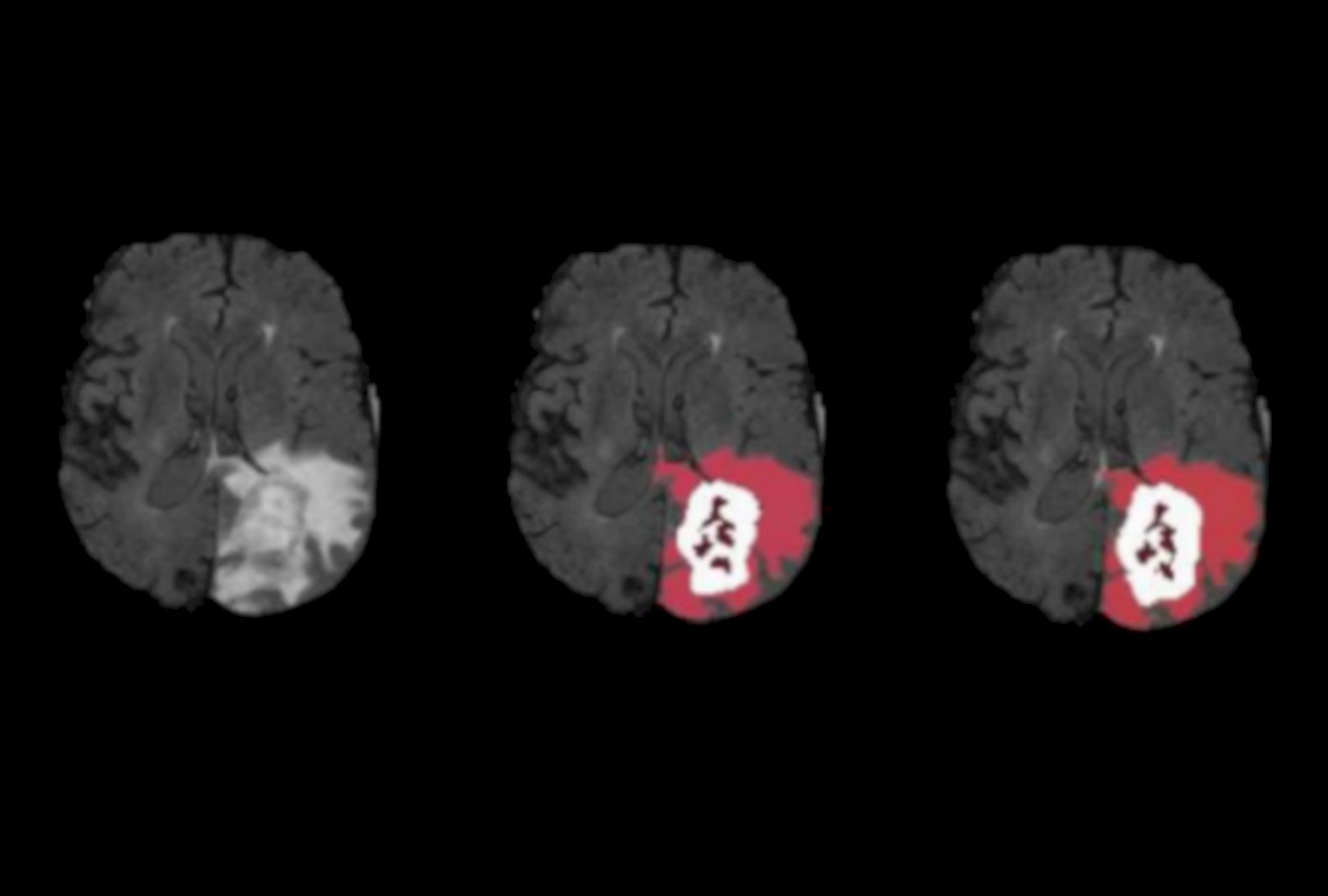
The treatment of patients with a severe brain tumour called glioma, which is characterised by poor prognosis and low survival rates, can be better planned through the prediction of survival days (SDs) for the patients. A team of professors at Ahmedabad University has made strides in this direction by studying the development of a robust feature set (data points) to predict SDs for glioma patients accurately.
However, SD prediction is difficult due to its heavy dependence on feature sets. Additionally, it is important to understand the prediction mechanism of the machine learning models to integrate them into the medical domain.
The team comprising Mehul S. Raval, Professor and the Associate Dean of Experiential Learning, and Jayendra Bhalodiya, Assistant Professor at the School of Engineering and Applied Science at Ahmedabad University, and colleagues from other institutions developed the feature set using a specific machine learning ensemble-based regressor model to accurately predict SDs by combining multiple algorithms.
They employed post-hoc interpretable techniques, precisely Shapley Additive exPlanations (SHAP), to explain the output of machine learning models by showing each feature's contribution to the prediction. They also used Partial Dependence Plots (PDPs) and Accumulated Local Effects (ALE) plots to visualise the impact of changes made in a feature on the prediction. The study examined the possibility of a direct connection between radiomic features and their biological significance. It aimed to make machine learning predictions more interpretable and relevant for medical professionals.
The results of the study show high accuracy and reliability in predicting SDs. The proposed predictor model performed better than leading contemporary approaches across multiple performance metrics. The research thus provides insight into the use of advanced technology in medical applications.